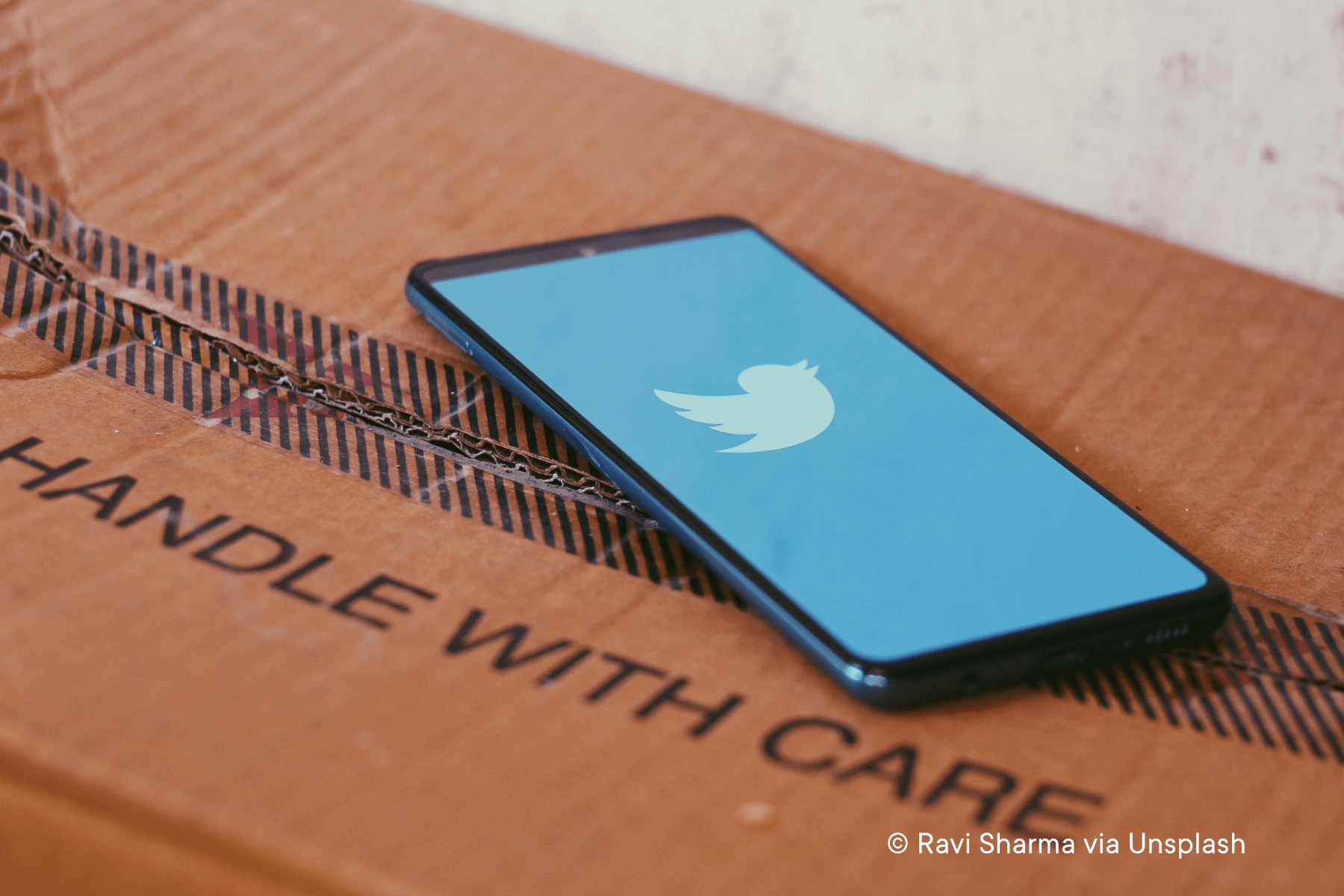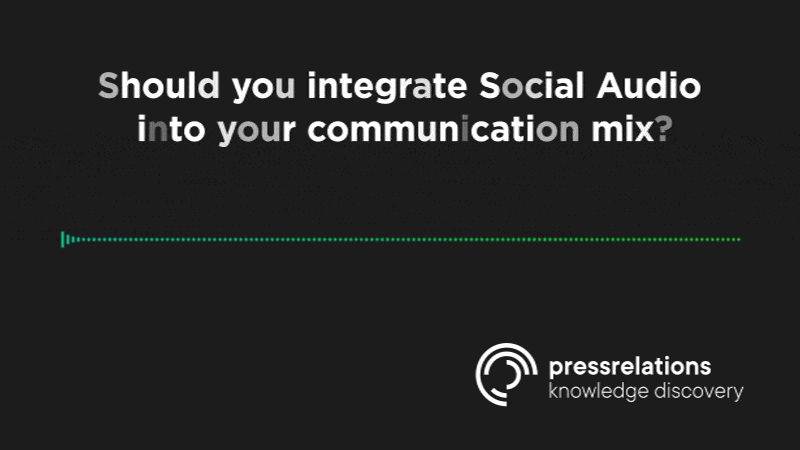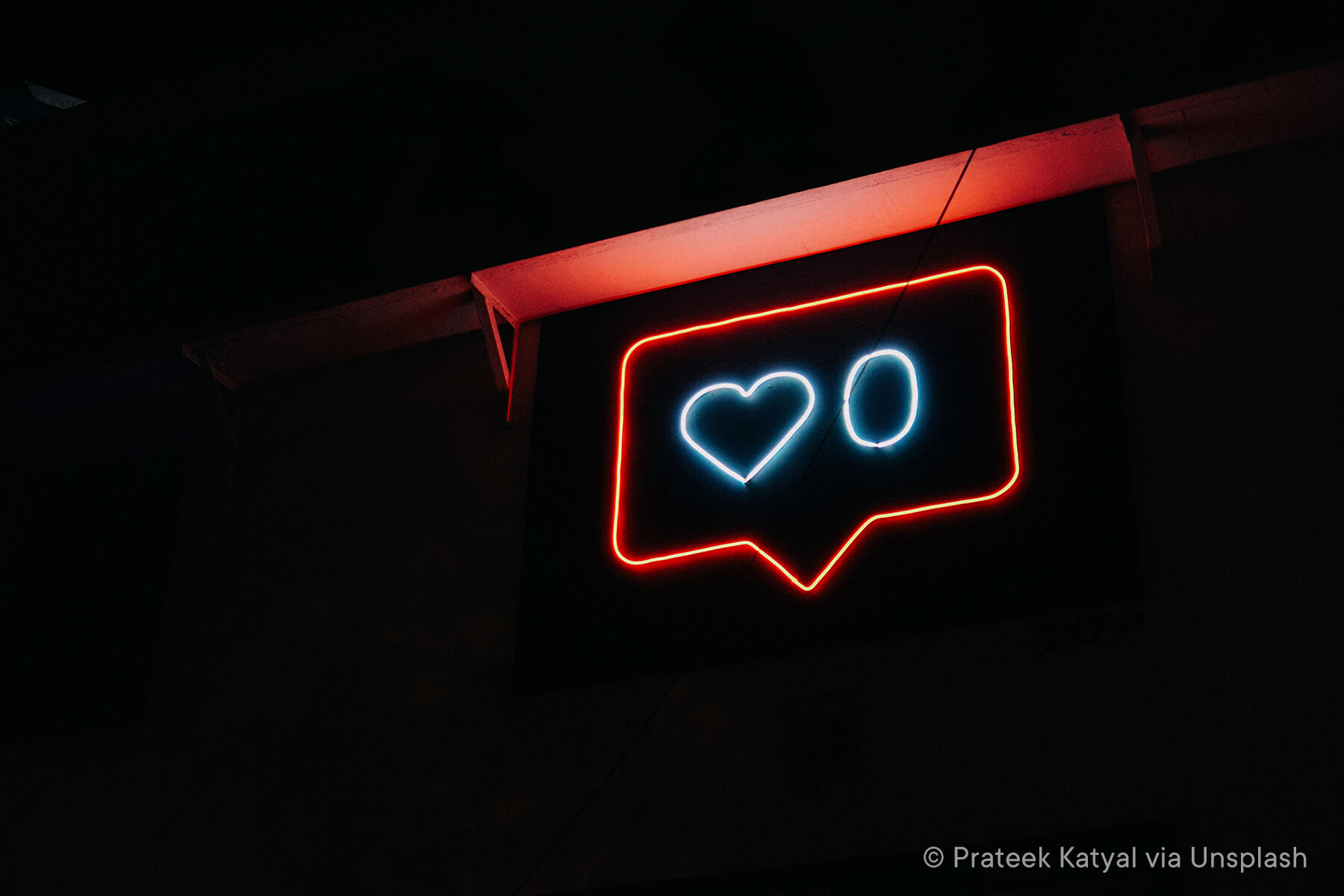In addition to the big names like Facebook and Instagram, another social network could soon establish itself in the online world: a video app with the catchy name “TikTok”. According to the latest information, it already has around 800 million users, which makes it a competitor to Instagram. Not surprisingly, TikTok is already planning to generate profits through advertising. Many B2C companies are currently experimenting with the platform. But what are the opportunities for companies in the B2B sector?
TikTok could be of interest in the future not only for private users, but also for companies, especially if they want to target young people. That is because the network is currently used mainly by teenagers – many of them are 13 years old or younger. TikTok could, therefore, offer an ideal platform for targeted marketing of consumer products to young target groups or for recruiting campaigns. Whether this could play a role in B2B communication in the future, however, is still unclear.
TIKTOK’S YOUNG INFLUENCERS
The attractiveness of a channel for one’s corporate communication hinges on the question whether relevant content is already being communicated there and to what extent it achieves results. Important here are the influencers who operate within the niche of the company and are therefore suitable for cooperation, provided that their content is compatible with the company’s philosophy. However, since there are currently no industry influencers in the B2B sector due to the very young and predominantly underage TikTok users, this turns out to be a difficult task. Besides, the app is currently used mainly by individuals, which makes it difficult to address businesses directly. B2B communication is aimed at competent decision-makers, and of course, the necessary expertise cannot be expected from young TikTok users.
For this reason, many B2B companies currently reject the app and prefer to continue to rely on direct contacts, industry knowledge and proven strategies. Also, a personal exchange between the advertiser and a potential customer is not possible on large social media platforms.
CREATIVE ZONE OR A CHILDREN’S PLAYGROUND?
Another hurdle for B2B, but also B2C, is the general principle of TikTok. The app focuses exclusively on visual content in the form of short videos. Accordingly, there is little time left to attract and captivate the attention of users. Furthermore, a lot of creative potential is needed to use TikTok successfully and to be perceived positively. It is important to understand which features make the app so attractive at the moment. Many successful videos are characterized by storytelling, hip music, creative dances or colorful filters. Through certain editing techniques and effects, for example, things can be made to disappear or various illusions can be created – such “wow” effects are what excites the young target group and make for the app’s addictive potential.
For this reason, the content on TikTok is too playful for many companies and the philosophy of the platform is not compatible with the brand image. And when you do approach the platform, as some B2C companies do, the trick is to serve the interests of young people without making your own company look ridiculous or even dubious. In addition, the published content should be unique. This increases the probability that the video will go viral and get a lot of attention.
But probably the biggest difficulty is to bring the personal component of the videos to an entrepreneurial level. It is recommended to create a representative personality that embodies the company or to work with influencers who share the values of the brand. Because just like Instagram, TikTok is all about personality and authenticity. But in general, quality comes at a price. Producing quality content takes a lot of time and money, so action should only be taken when it promises success. And TikTok videos, at least in the B2B sector, are in many respects not yet successful.
TIKTOK HAS POTENTIAL
Nevertheless, the platform should not yet be completely written off, but rather observed first. Although the probability of addressing relevant decision-makers via TikTok is relatively low, it is quite conceivable that they might use the app privately and thus become aware of certain companies. And, as is well known, professional and private life cannot always be separated.
TikTok could be more interesting for recruiting measures than for pure advertising. Because the platform is full of young people who will sooner or later start looking for an attractive employer. It is likely that young job seekers will be interested in a company that they learned about through TikTok.
If you don’t want to do product advertising, but simply want to improve brand awareness and perception, you can also use the app as a pure attention generator. However, this is should be undertaken only if enough time and capacity are available – do not waste resources which can be used more efficiently elsewhere. Ultimately, quality comes before quantity. To keep the effort to a minimum, it is advisable to involve your employees and use them as brand ambassadors. This conveys authenticity and strengthens the sense of community.
CONCLUSION
TikTok is growing fast and there are no signs of it slowing down soon. Especially for influencers, but also for B2C companies, the young network offers ideal conditions for effective marketing, as it is not yet as saturated as Instagram or Facebook. For B2B companies, however, the platform remains uninteresting, as there are currently no relevant target groups. If users were older overall and if the app did not look like a children’s playground at first glance, the production of serious advertising and recruitment videos would be conceivable and certainly effective. The high level of involvement in the app remains interesting; nevertheless, it is pointless to reach people who don’t know much about their own company. In the B2C sector, however, the situation is quite different. At the moment, the image of TikTok and its focus on the authentic and personal simply does not correspond to the intentions, goals and possibilities of companies in the B2B sector.







This is really interesting. Is this article in a European-point-of-view? Do you have any other conclusions about how TikTok could be usefull at the Chinese market?
Thank you for a great article,
Madlen